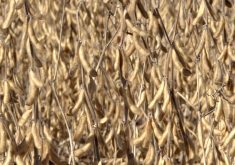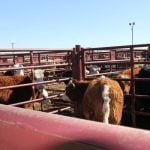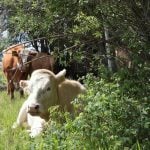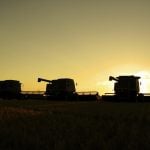Massive flooding in the High River area of southern Alberta hasn’t yet directly hit one of the largest beef packing plants in the heartland of Western Canada’s beef industry.
However, with many roads cut or washed out and water service disrupted, Cargill Meat Solutions’ cattle slaughter and beef processing plant, just north of the community of High River, is closed for business — and a prolonged closure has the potential to weigh on Canadian cattle producers’ markets.
The plant, which normally employs about 2,000 people processing up to 4,500 cattle per day, is “not directly being impacted by flooding in the area,” Cargill spokesperson Brigitte Burgoyne said in an email Saturday.
Read Also
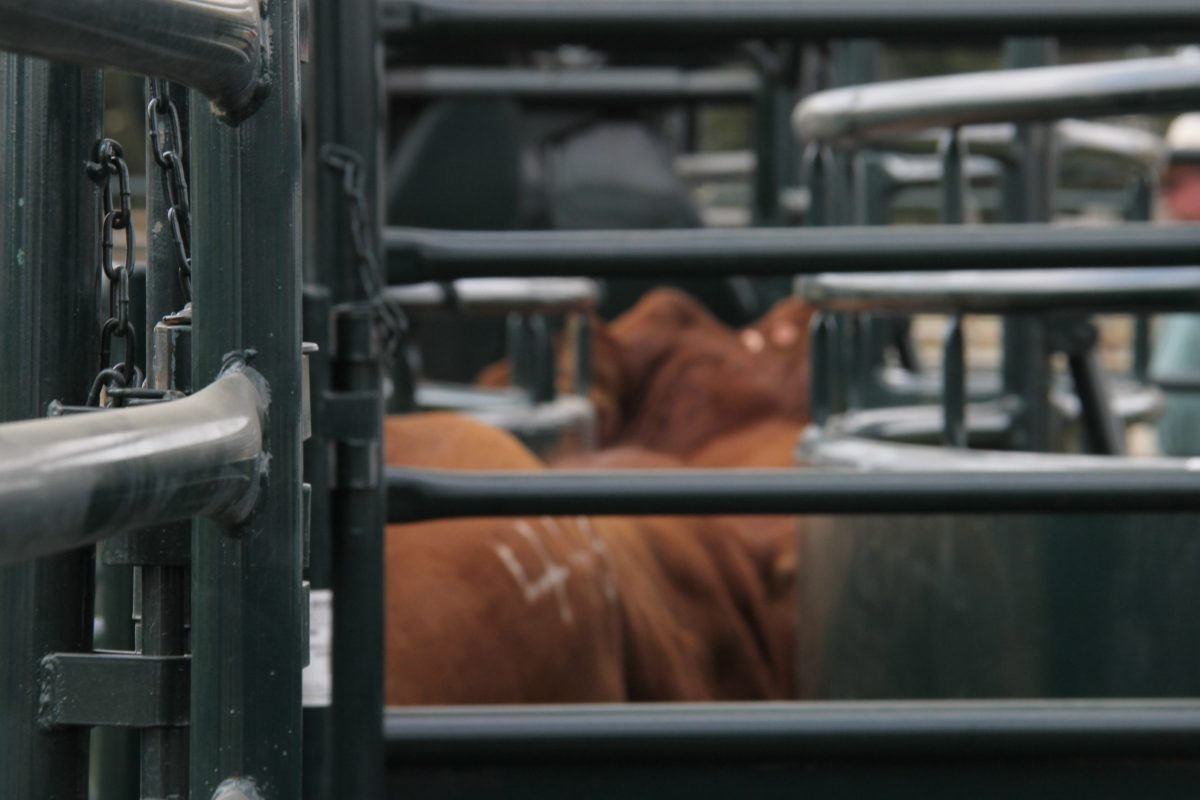
U.S. livestock: Live cattle hit contract highs on cash market strength
Chicago | Reuters – Chicago Mercantile Exchange live cattle futures climbed to fresh contract highs on Thursday as a firm…
However, she said, many plant employees’ homes are directly affected, as are roads in the region, and “our primary focus has been to keep our employees safe and tending to their personal situations.”
In any case, she added, the “temporary disruption of fresh water” in the area would impact the company’s ability to process cattle.
The plant was not processing cattle Friday, she said, and Cargill “will assess the situation on a daily basis” to determine how soon processing can restart again.
The company “will continue to work with the community to help as best we can,” she said, noting the plant cafeteria has been kept open for use by emergency crews.
Cargill, she said, “is working with authorities at all level of government to act in the best interest of those impacted by this flooding situation.”
The company said it will work to keep providing service to its customers and “focus on logistics to ensure they receive beef products.”
Winnipeg livestock and grain market analyst Jerry Klassen said in his column Sunday on the AGCanada.com Network’s websites that the “vulnerable slaughter market and adverse pen conditions” in feedlots will continue to weigh on the feeder market over the next couple of weeks.
The heavy rains causing damage in several regions of southern Alberta has already caused most major feedlot operators to halt purchases of replacement cattle in the past week, he noted. — AGCanada.com Network
Related story:
Klassen: Heavy rains slow feeder cattle movement, June 23, 2013





